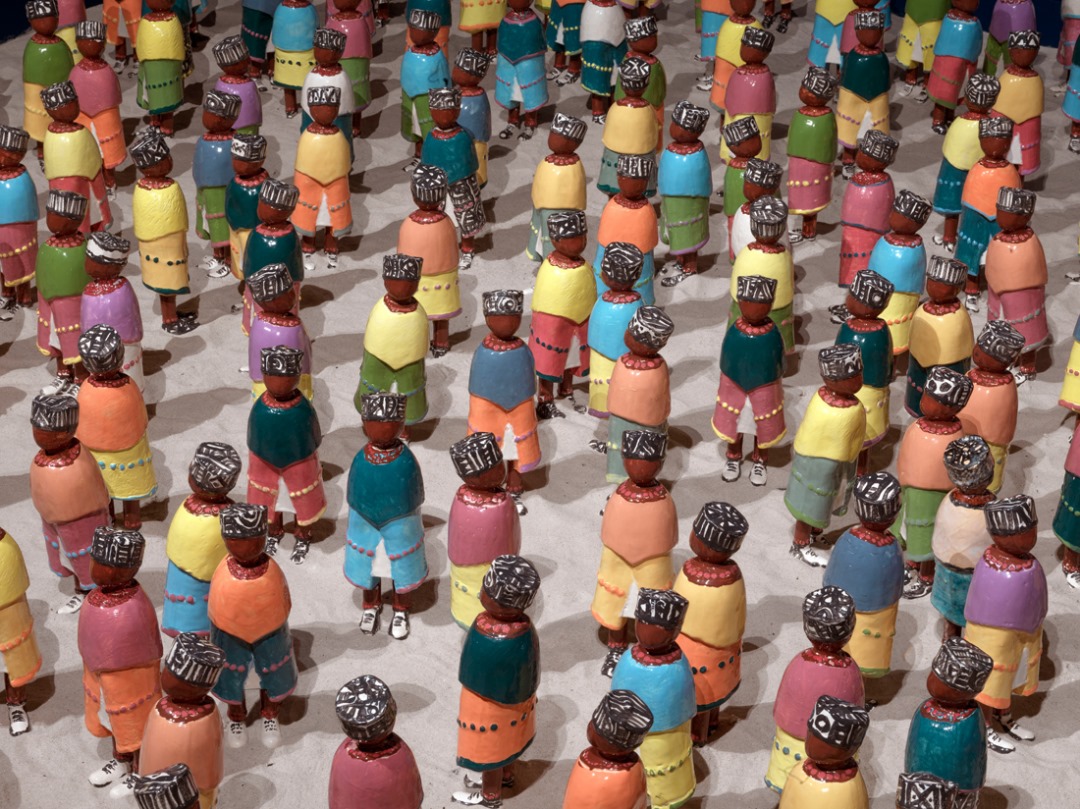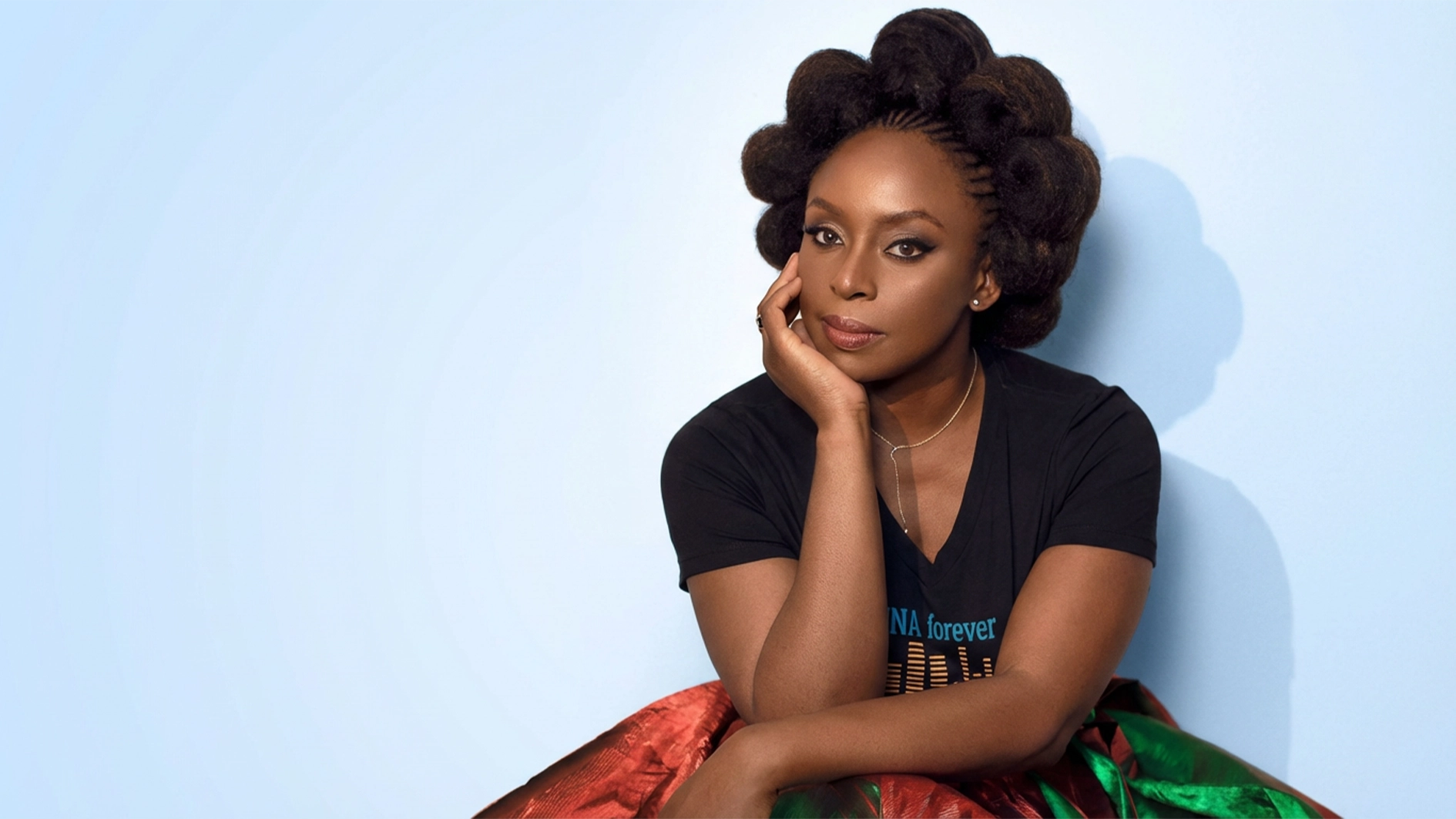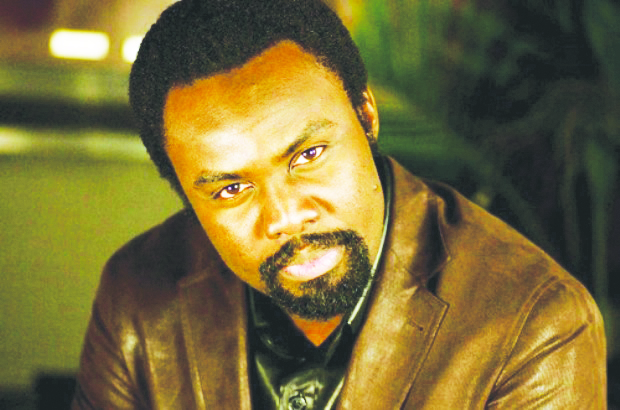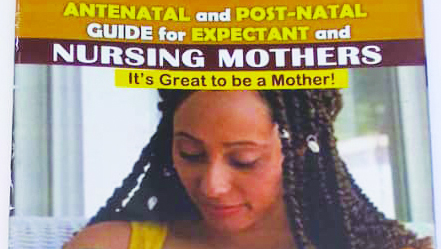TYNA Adebowale is a Nigerian artist based in Amsterdam, Netherlands. From Saturday, September 6, her second solo show opens in Ellen de Bruijne Projects, Amsterdam. It is self-curated in collaboration with the gallery. The show runs till October 18, 2025.
She is also participating in a group show at Centraal Museum Utrecht, curated by Laurie Cluitmans and Heske ten Cate.
With the theme, They call you Mother; They call me Mama, Adebowale is honouring women’s commitment to nurturing beyond bloodlines, the project also calls for recognition of their right to rest. This calls for rest and ample enjoyment is a form of justice long denied under patriarchal demands for endless labour from women.
The works in this solo show, as well as the journey that shaped them, are deeply inspired by the lived experiences of women. “Particularly women from my region of Akoko-Edo in Edo State, Nigeria,” she explains.
Don’t expect to get the number of works she has done so far, as the artist does not quantify her works in numbers. “That is almost impossible as my exhibitions are usually layered and presented in several parts. My works typically bring together — paintings, videos, installations, performance and collaborative forms,” she says.
In 2019, after living in Europe for two years, she made a trip back home. That journey brought to life what she had been mentally researching and marked the beginning of ‘Motherwomb’.
This body of research draws inspiration from her great-aunt, Mama Nii Dezedo, a vital figure in the Uneme and neighbouring communities who, despite having no biological children, was a mother to all.
This show continues her research into traditional forms of motherhood from a non-biological perspective, focusing on the lived experiences of grandmothers raising their grandchildren. The works pay homage to the resilience of care structures sustained by women, even as they face erosion under capitalist ways of living.

What are her expectations from the exhibition?
“For me, creating is simply part of my practice… I do not place expectations on what showing these works would bring. It is best that I allow the works to speak to each individual who encounters them. An exhibition is not scripted; it should unfold freely, drawing in the right audience and opening space for dialogue and conversation.”
Her first show, titled, She Called Me Woman, was presented at the same gallery in Amsterdam during the lockdowns occasioned by the COVID-19 pandemic. The project paid homage to a Nigerian queer activist and drew its title from her book, weaving her voice and legacy into the fabric of the show.
Though she cannot quantify how successful the show was, for Adebowale, “the fulfillment came from knowing that the works reached the right audience, amid the lockdown.”
This year has been an exceptionally productive one for her and her practice, particularly, as her research as an artist publicly evolved into a new theme – ‘Motherwomb’.
Over the past five years, she has explored this journey in the studio, unsure how it would be received publicly, “though I had loved every part of it all along,” she says.
Between December 2024 and May 2025, she has been involved in a group show at Museum Amsterdam. Titled, Vrouwen van Amsterdam – Een Ode (Women of Amsterdam – an Ode), through the show, she celebrated women who have lived in and shaped the city.
“I approached the theme through the life of my great-aunt, weaving together sounds collected from DamSquare, where people shared what they call their mother, recordings of Madam Agbaobes – a mother of music from Etsako, who had no biological children but whose legacy endures through her art, and an installation of fertility ceramics dolls,” she quips.
Earlier, in March, her, Good Mom/Bad Mom, opened at Centraal Museum in Utrecht, and now she has this show – a multi-media solo project. “Each of these experiences has allowed me to trace the threads of care, lineage, and memory, making this year a deeply meaningful one for my work and practice,” she says.






